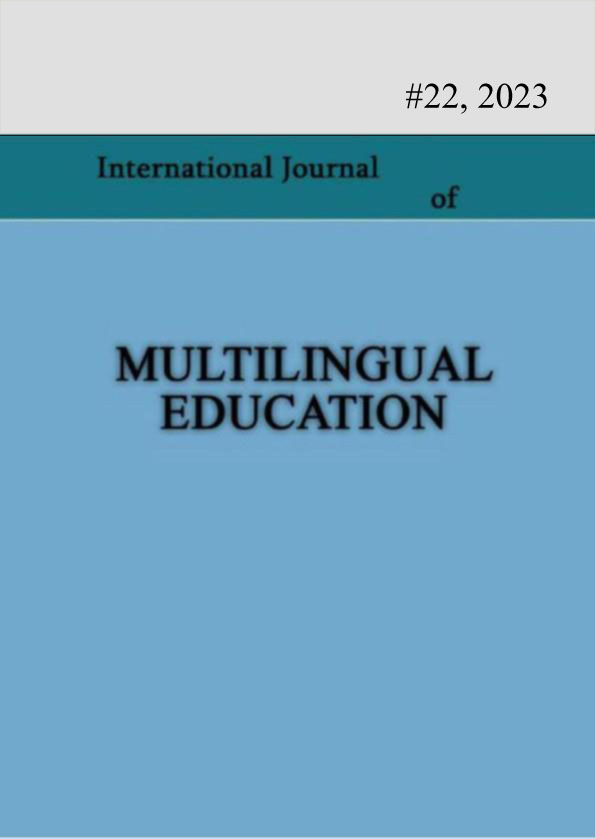Main challenges and issues of Cultural policy
Abstract
Every social, economic, political, and government policy nowadays has significant cultural repercussions; as a result, every policy and social policy is a form of cultural policy. The development of cultural policies not only faces challenges from a practical standpoint but also faces obstacles from a theoretical perspective. Given that culture is the domain of sentiments, emotions, values, and the origin of mankind, some theorists contend that, unlike social and economic areas, culture cannot be planned for or regulated. Several strategies are used by this field to oppose the options and methods. According to this theory, increasing government involvement in cultural matters causes people's behavior to become increasingly politicized
References
Aslin, R. N., Saffran, J. R., Newport, E. L. (1998). Psychol Sci 9.
Bateni, M. R. (2006). "Linguistics: Speech Perception".
Carroll, D. (2008). Psychology of Language. 5th ed, Thomson, 2008.
Field, J. (2003). Psycholinguistics; a Resource Book for Students. Routledge, 2003.
Jusczyk, P. W. (1997). The Discovery of Spoken Language. MIT Press, Cambridge, MA. Narcissians, E. (2006). "Bilingualism and mother tongue".
Nordquist, R. (2020). "What Is Psycholinguistics?" Thought Co, Aug. 28, 2020, thoughtco.com/psycholinguistics-1691700.
Olumi, E. (2020). Globalization, International Migration and Languages.
Polinsky M., Scontras G. (2019). Understanding heritage languages University of Maryland. University of California, Irvine.
Pulvermüller, F. (2007). "Word Processing in the Brain as Revealed by Neurophysiological Imaging": The Oxford Handbook of Psycholinguistics. Edited by M. Gareth Gaskell. Oxford University Press.
Rothman, J. (2009). Understanding the nature and outcomes of early bilingualism: Romance languages as heritage languages. International Journal of Bilingualism 13 (2), 155–163.
Saffran, J. R., Aslin, R. N., Newport, E. L. (1996). Science 274:1926–1928, pmid: 8943209. https://p.dw.com/p/A7QW
Saffran, J. R. & Griepentrog, G. J. (2001). Dev Psychol, pmid: 11206435.
United Nations (2012). Archived from the original on 6 December. Retrieved 21 Feb 2009. "International Mother Language Day - 21 February".
Unsworth S. (2015). Amount of exposure as a proxy for dominance in bilingual language acquisition. In C. Silva-Corvalán and J. Treffers-Daller (Eds.), Language dominance in bilinguals: Issues of measurement and operationalization, pp. 156–173. Cambridge: Cambridge University Press.
Unsworth S. (2016). Quantity and quality of language input in bilingual language development. In E. Nicoladis and S. Montanari (Eds.), Lifespanper- spectives on bilingualism, pp. 136–196. Berlin: Mouton de Gruyter, 2016.
Unsworth, S. (in press). Quantifying language experience in HL development. In M. Schmid and B. Köpke (Eds.), The Oxford handbook of first language attrition. Oxford: Oxford University Press.
Valdés, G. (2000). Introduction. In Spanish for Native Speakers, Volume I, New York: Harcourt College.
Downloads
Published
How to Cite
Issue
Section
License
Copyright (c) 2023 Akram Khosravi

This work is licensed under a Creative Commons Attribution-NonCommercial 4.0 International License.
Copyright (c) - Authors who publish with this journal agree to the following terms: Authors retain copyright and grant the journal the right of first publication with the work simultaneously licensed under a Creative Commons Attribution-Noncommercial 4.0 International License, which allows others to share the work with an acknowledgement of the work's authorship and initial publication in this journal. Authors are permitted and encouraged to post their work online (e.g., in institutional repositories or on their personal website) prior to and during the submission process, as it can lead to productive exchanges, as well as earlier and greater citation of published work (see The Effect of Open Access). Authors may enter into separate, additional contractual arrangements for the non-exclusive distribution of the journal's published version of the work (e.g., post it to a repository or publish it in a book), with an acknowledgement of its initial publication in this journal.

